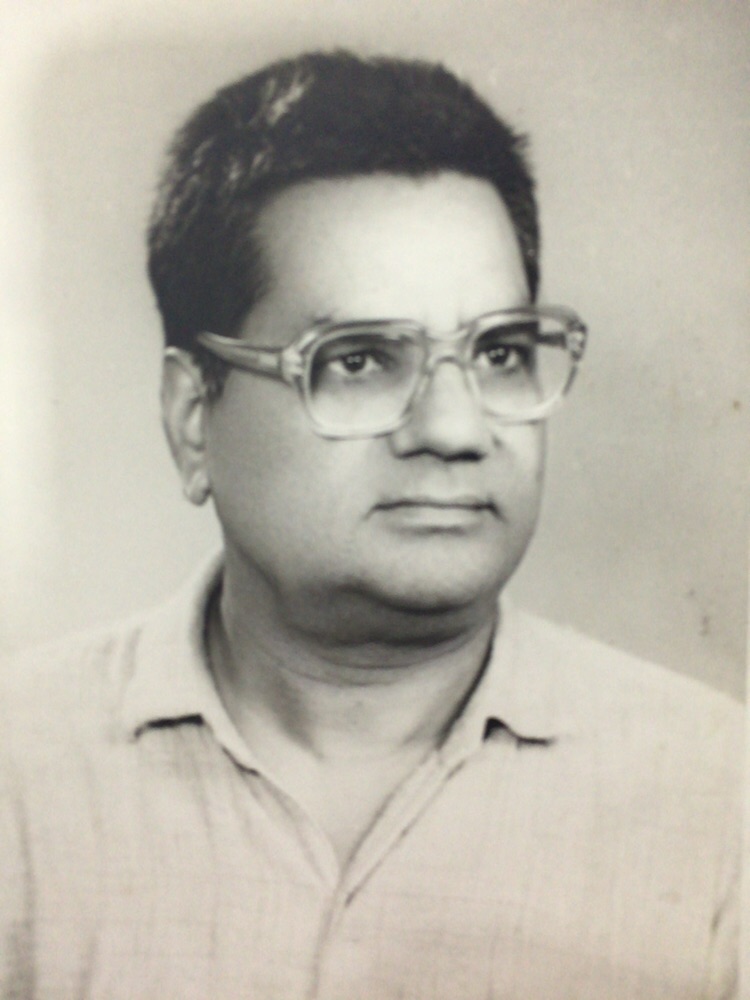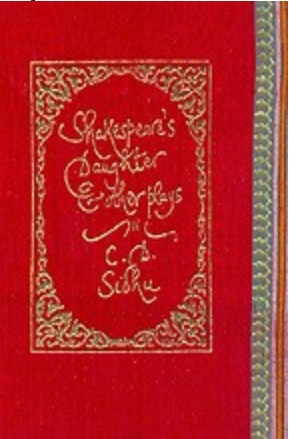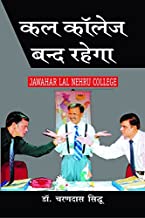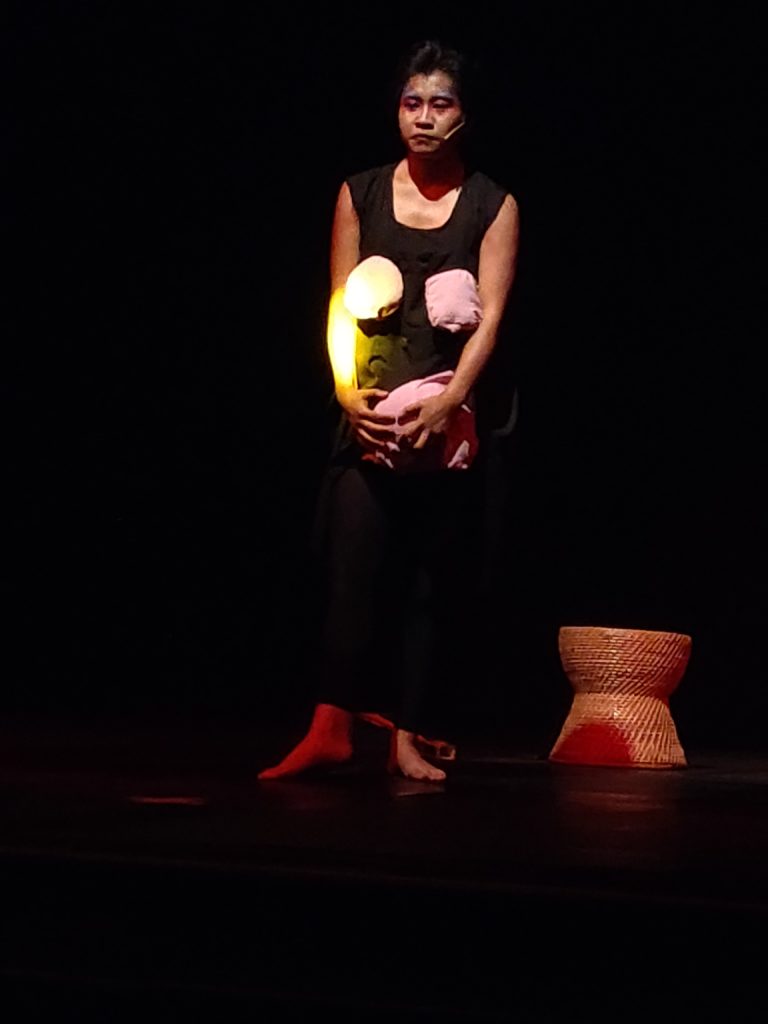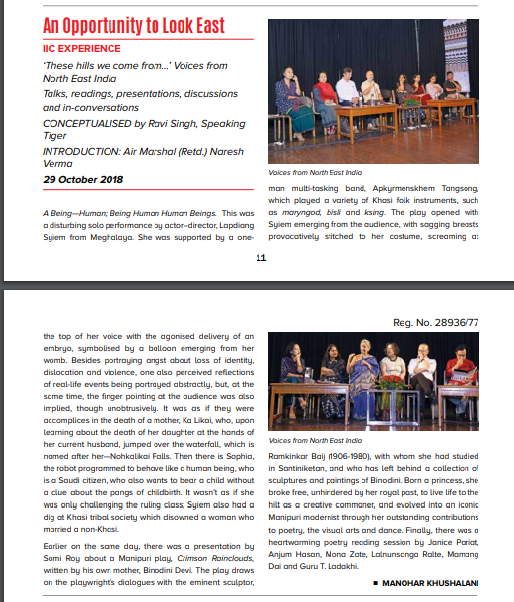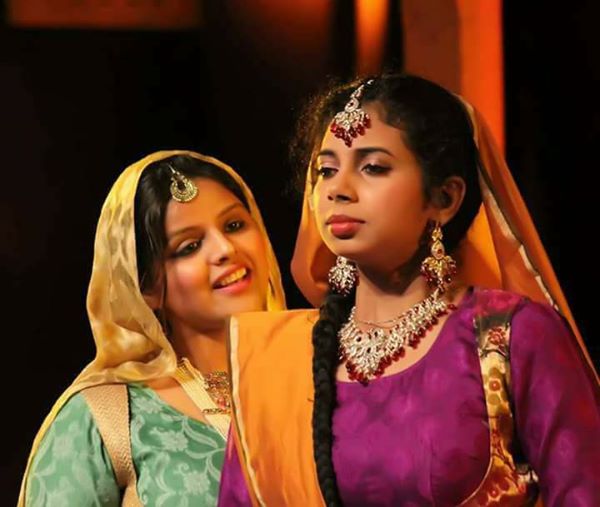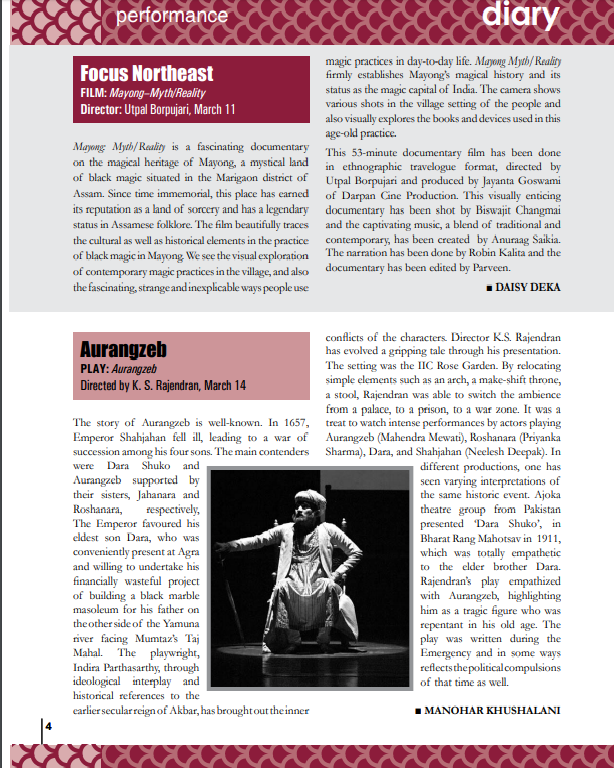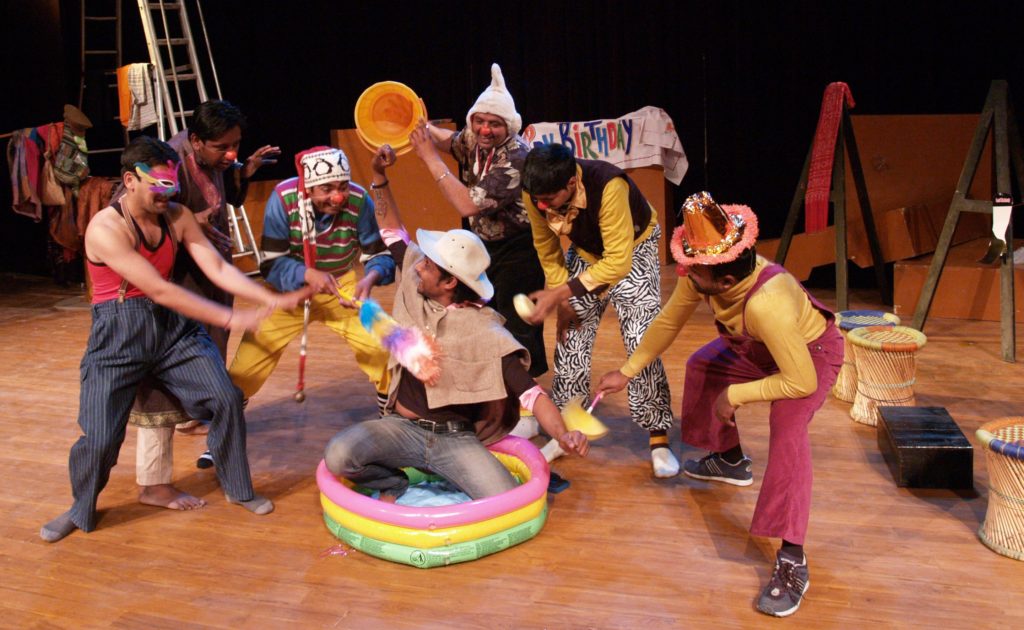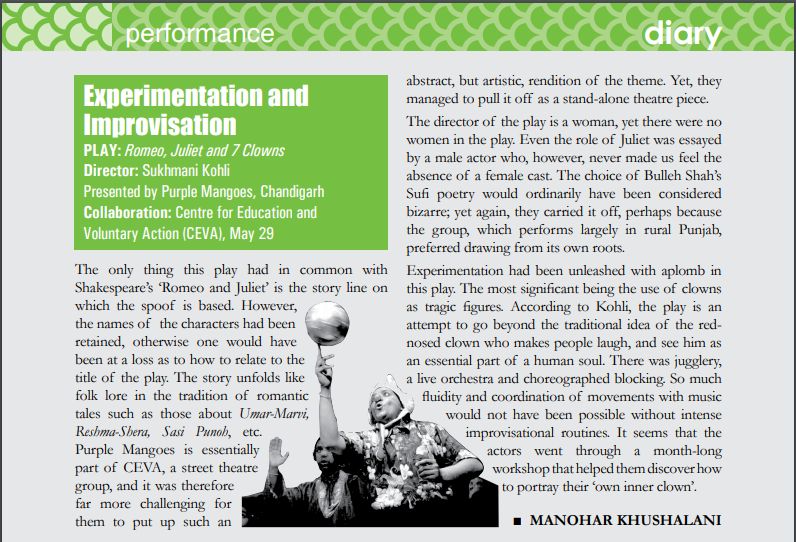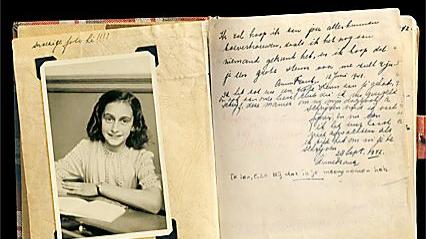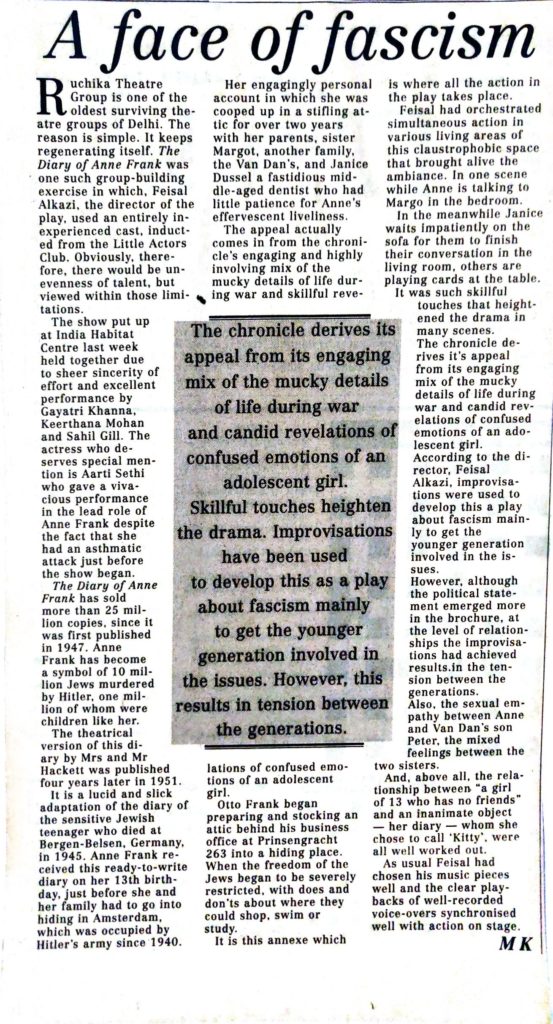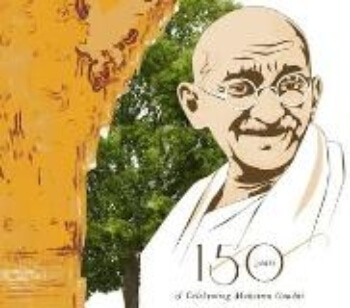Theatre Union’s plays on Feminist Issues and those of Social Relevance
Firstly since Women’s Day just happened this month, it is important to recall the innumerable street plays we did on women’s issues mostly under the banner of Theatre Union and Workshop Theatre
But here we are discussing only Theatre Union
‘Om Swaha‘ was about dowry and bride burning. It contributed towards sensitizing the media and the nation on this issue.’
‘The Rape Bill” was about custodial rape and insensitive cross examination of victims in courts. It was performed when a select committee was examining the new rape bill before it became an act in the parliament. It also informed women about their rights.
‘Pardon ka Parcham’ was prepared by us after Roop Kanwar an 18-year old Rajput woman committed Sati on 4th September 1987 at Deorala village of Sikar district in Rajasthan. These plays were collectively evolved by our group Theatre Union.
Marz ka Munafa was about Drugs (medicines) banned abroad because of their side effects, but dumped in the third world by Multinational Companies. We were assisted in research by Mira Shiva of barefoot doctors
Toba Tek Singh the legendary story by Sadat Hasan Manto was developed into a super successful street play about partition. It took us six months to evolve the play, finally one of our members, Umesh Bist, finalised the script.
All our plays were not street plays. Theatre Union did two proscenium plays both written by the radical nobel prize laureate Dario Fo
Can’t Pay Won’t Pay directed by Manohar Khushalani was a feminist play in which women shoppers protest against high prices in a Super Market in a very unusual way
Accidental Death of an Anarchist directed by Manohar Khushalani was about custodial death in a prison
Dario Fo had scripted both plays in his black comedy comic farce style
I would also like to recall our brothers and sisters in arms, an endless procession of street theatre co-warriors who came, sometimes stayed for a while and sometimes stopped briefly for a production or two and moved on. In no particular order they were: Anuradha Kapoor, Ravi Shankar, Umesh Bisht, Maya Rao, Vandana Bisht, Sushil Prashar, Sujasha Dasgupta, Chandrashekhar Iyer, Urvashi Butalia, Ragini Prakash, Vibhuti Nath Jha, Dr. Harivansh Chopra, Krishan Tyagi, Kumkum Sangaria, Rati Bartholomew, Dr.Ravi Mahajan, Satyajit Sharma, Tapush Chanda and me, Manohar Khushalani. If I have forgotten anybody then please remind me.
https://stagebuzz.in/1990/01/01/a-review-by-alka-raghuvanshi-of-dario-fos-cant-pay-wont-pay-directed-by-manohar-khushalani/

